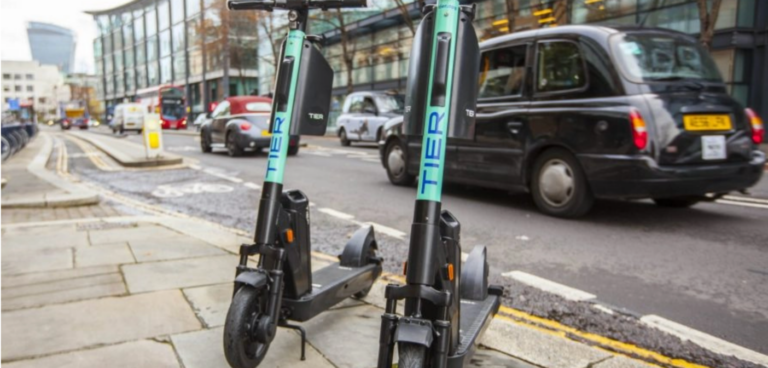Shared micromobility provider Tier has unveiled its new in-house developed e-scooter module, which is the focus of the German company’s new ‘Parrot’ pilot to improve vehicle response times.
Some 60 Tier e-scooters equipped with the module were announced last week.
Changes to the vehicle hardware include the addition of new sensors, changes in the processing system and 4G network connectivity.
The internet of things (IoT) module was designed to support edge analytics for any data collected, which offers an alternative to cloud-based processing.
By performing a computation on the data at the point of collection, this should enable quicker responses from the vehicle’s sensors.
The idea behind the development was to improve parking and vehicle positioning and to better identify new system requirements, such as improved notice on vehicle maintenance or the detection of hazardous driving behaviours.
Eryk Sokolowski, head of vehicle and IoT programmes at Tier, said: “Our number one goal was to improve the safety and overall rider experience of our e-scooters through increased positioning and parking accuracy.
“The team has managed to significantly improve this utilising cutting edge hardware, reducing vehicle reaction times to geo-fenced zones and enabling a much smoother parking experience for the user.
“Additionally, introducing edge processing to this platform means that vast amounts of information and data can be analysed locally on the vehicles rather than being sent to the cloud.
“This is an incredibly powerful tool that will allow us to figure out whether an e-scooter has a puncture and get it fixed, or use this data to tackle drink riding by analysing rider behaviour, all while giving us the flexibility to meet changing market and regulatory needs.
“Applying machine learning and AI algorithms to the edge platform will ultimately lead to safer journeys for both riders and other road users.”
The module will rely on 4G connectivity, which will be provided by Twilio, a global cellular connectivity platform.
Twilio’s Super SIM service will reportedly include automatic failover, meaning connectivity will be handed to a standby server in the event of dropped coverage, among other features.
Tier plans to roll out the module across its entire fleet by 2023. Additional pilots are anticipated in the coming months across Norway and France.





